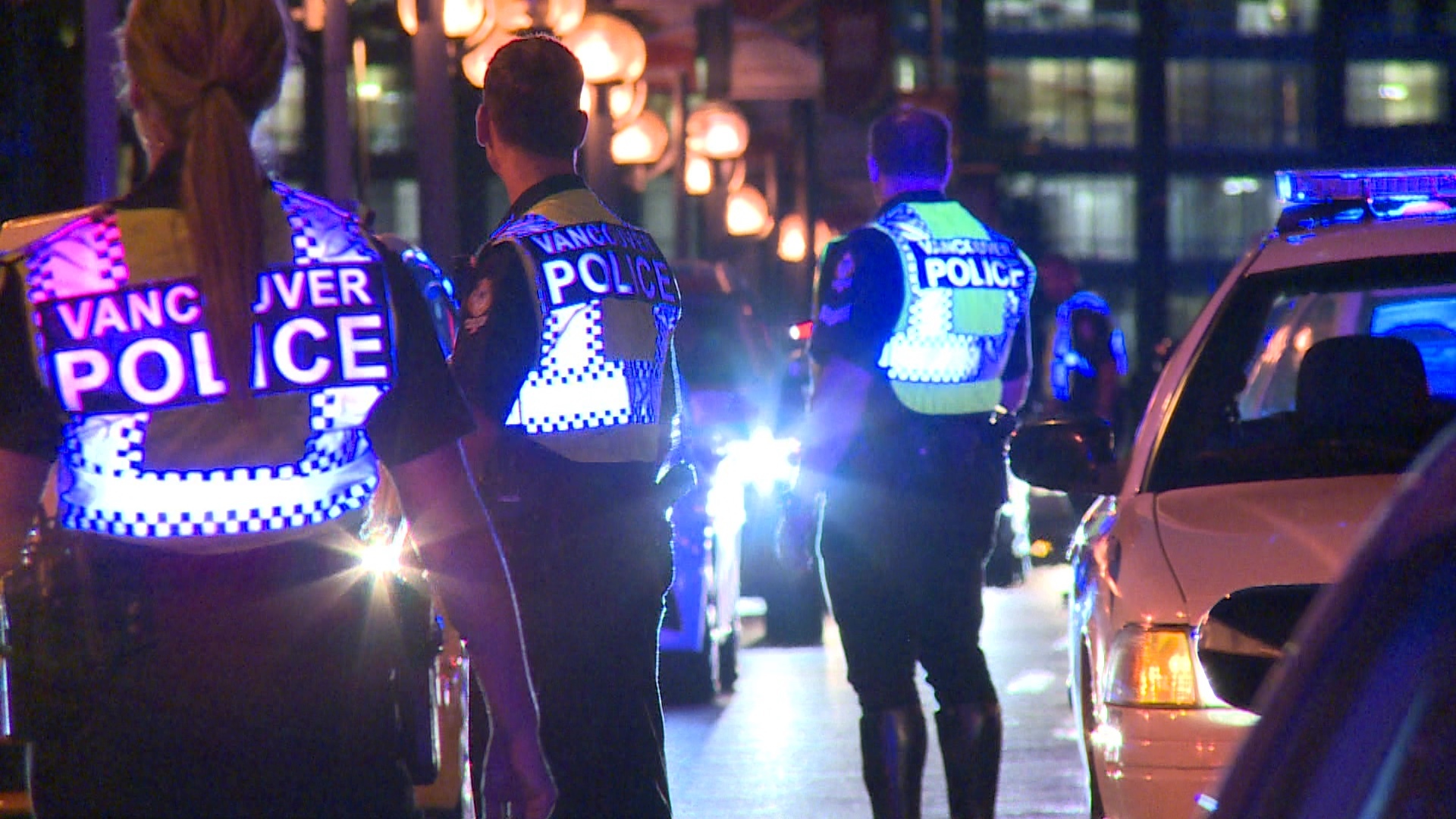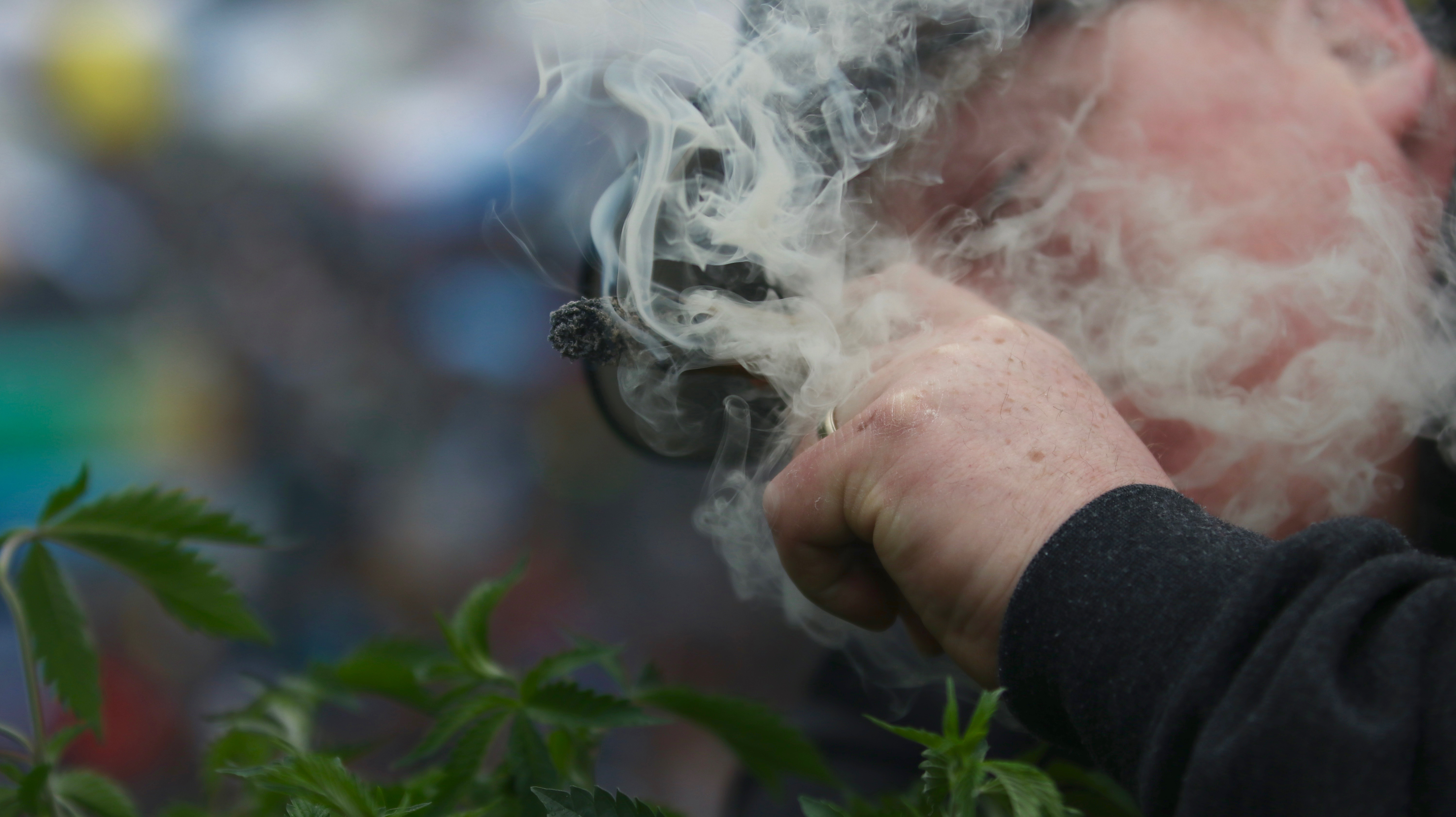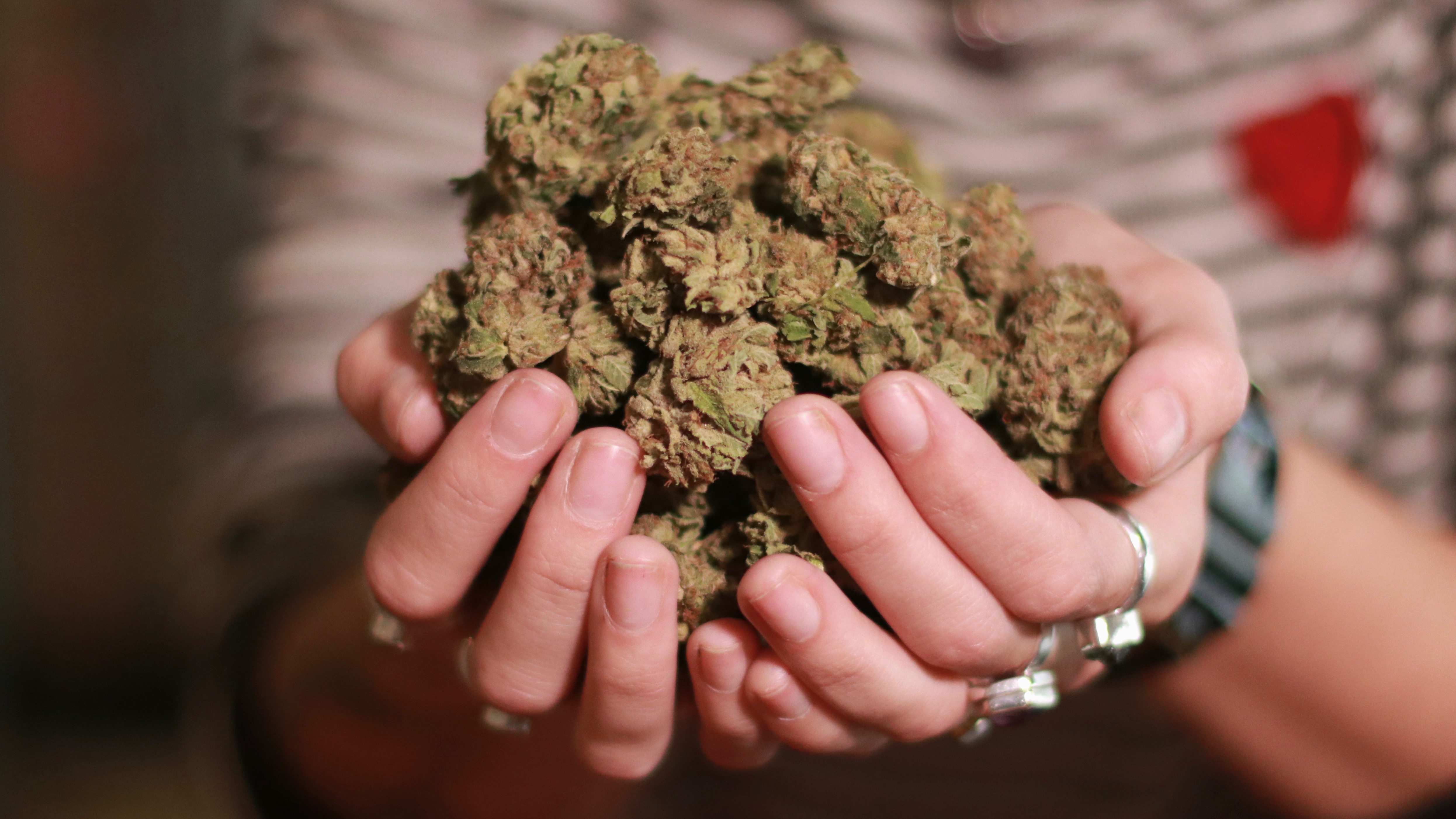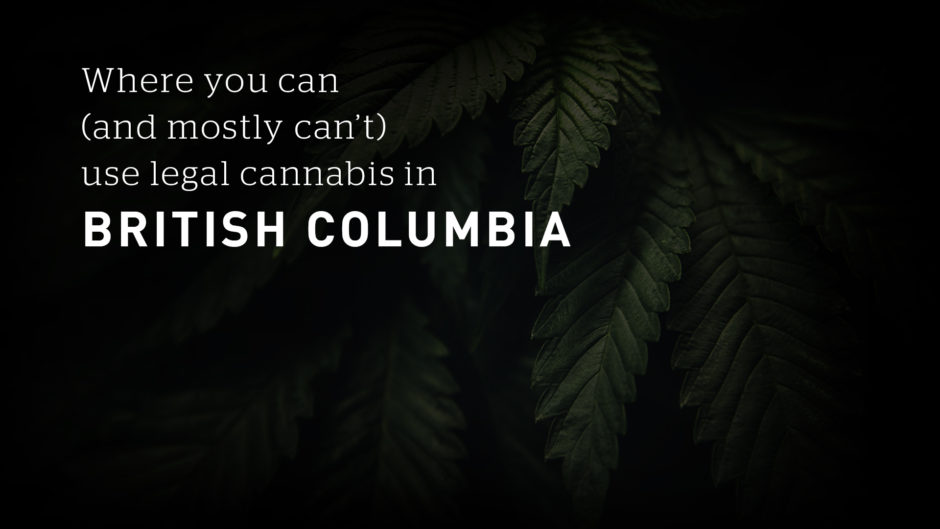October 20, 2018
Recreational cannabis became legal across Canada on Oct. 17, 2018. The rules for how pot can be sold and consumed vary from province to province.
In British Columbia, a web of local, provincial and federal laws limits the places where people can legally smoke or vape cannabis.
Here's a simple guide of where you can use cannabis in the province.

Rental and strata lots
If you own a detached home, it’s your castle and you’re free to puff away, but if you own a strata lot or if you are a house or apartment renter, it gets a little more complicated.
Barring any specific rules, you can smoke or vape cannabis in a private residence, but for rentals you need to sign a lease agreement before moving in, and a landlord can draft an agreement that prohibits smoking tobacco or cannabis. You don’t have to sign it, of course, but then you won’t get to live in the place.
For condominiums or other properties that are part of a strata corporation, a resident is subject to the bylaws of that individual strata.
- Medicinal marijuana users worry as condos rush to ban pot smoking ahead of legalization
- Langley woman's petition calls for ban on smoking in condos
By default in B.C., smoking cannabis is allowed in strata lots, but it’s common for stratas to specifically ban it.
“We have many strata corporations that don't need to do anything [to ban pot smoking], because they've already made their changes and adopted new bylaws,” said Tony Gioventu, executive director of the Condominium Home Owners' Association of British Columbia.
“They can impose fines and penalties. They can go to the tribunal or the courts and they can obtain an order to order somebody to stop violating the bylaws and stop smoking in the units,” Gioventu said, adding that stratas can’t control what is consumed in a suite, only how it’s consumed.
Driving
Under federal law, there are new driving offences. In B.C., there’s also a new provincial law regarding weed in vehicles.
The three new charges in the Criminal Code include:
- Driving with over 2 nanograms of THC in your blood
- Driving with over 5 nanograms of THC in your blood
- Combined drug and alcohol impairment
The maximum fine is $1,000.

Under a new provincial law, the Cannabis Control and Licensing Act, passengers in vehicles aren’t allowed to use cannabis.
“There's no consuming cannabis anywhere in the province of British Columbia inside a vehicle. It doesn't matter if you're behind the wheel, it doesn't matter if you're a passenger there is an associated ticket that goes along with it,” said Vancouver Police Const. Jason Doucette.
According to Doucette, the ticket is about $230 for allowing anyone in the vehicle to light up.
“We don't want any drivers smoking behind the wheel ... The driver ticket would likely start at [$230] as well, but then you're looking at impaired investigations, you're looking at a bunch of other options once you open that door,” said Doucette.
The same goes for boats, but there are exceptions to the provincial rule. In the case of boats, you can use cannabis on a boat that is moored or anchored if it has sleeping accommodation, a kitchen and toilet.
You can smoke or vape cannabis in a vehicle if it’s an RV, motorhome, camper, or trailer that’s parked off a public road or forest service road and it’s serving as a private residence.
Public use
Broadly, you can smoke cannabis in B.C. anywhere you’re allowed to smoke tobacco, but there are significant exceptions, and many municipalities have local laws limiting where any smoking is allowed.
In Quesnel, for example, the municipality has banned any cannabis consumption in public, much like alcohol.
In places like Vancouver, local bylaws prohibit smoking in parks and on beaches.
According to Doucette, officers have a good deal of discretion when it comes to enforcing the bylaws, and someone caught blazing at the beach won’t necessarily wind up with a fine.

“I'm sure there's a ticket for it, but the big part is education and the public playing by the rules. We want to make sure these public places are enjoyable for everyone to use and they're a safe place,” he said, adding that cannabis could be treated by officers like alcohol, where many cases end up with a liquor pour-out and some stern words.
Most municipalities have rules banning smoking within six metres of doorways and building air intakes, and provincial law bans non-medical cannabis use at schools, daycares, playgrounds, adjoining sidewalks, and places where children are likely to gather.
- Pot smoking to be allowed on UBC campus
- Universities putting finishing touches on campus cannabis policies
Rules at colleges and universities vary depending on the campus. Typically, cannabis rules parallel tobacco rules, so for example, Kwantlen Polytechnic University in Surrey has a total smoking ban, and that includes pot. At the University of British Columbia, you can smoke a joint in many sections of campus.
National and provincial parks allow cannabis use in registered campsites, but not in campground common areas. Trails in national parks are good to go for tokers taking a hike.
Possession
In B.C., you’re allowed to have as much as 30 grams of dried cannabis with you, or its equivalent in public. At home, you’re allowed up to a kilogram, based on the yield someone could expect to get from the four allowable cannabis plants you’re allowed in a household.

Retail
British Columbia restricts cannabis sales to the government-run stores, licensed private retailers, and the B.C. government’s online store.
Customers need to be 19 or older to enter a store, unlike liquor stores where a minor can be accompanied by an adult.
Edible cannabis products aren’t allowed across the country, but according the the federal government, they will be within a year of legalization, once new rules are created. Products like cannabis vape pens and concentrates remain banned.
As of Oct. 17, when recreational cannabis became legal, there was only one government store (in Kamloops) in the province, and none of the 186 private stores that had paid for license applications had been been granted a license. 73 of the applications had been referred to local governments, which need to make a “positive recommendation” for an applicant to be successful.
Local governments have the power to make rules for stores, including hours of operation, or signage requirements. Some municipalities like Quesnel and Richmond have decided to ban stores completely.
Medical users
If you’re a medical cannabis user, with the appropriate documentation, you can enjoy some exceptions to the rules above, but not all of them. The rules around medical use are governed by Health Canada.
Correction: An earlier version of this story incorrectly stated which level of government has authority over cannabis consumption lounges. In British Columbia, provincial law prohibits consumption lounges.
